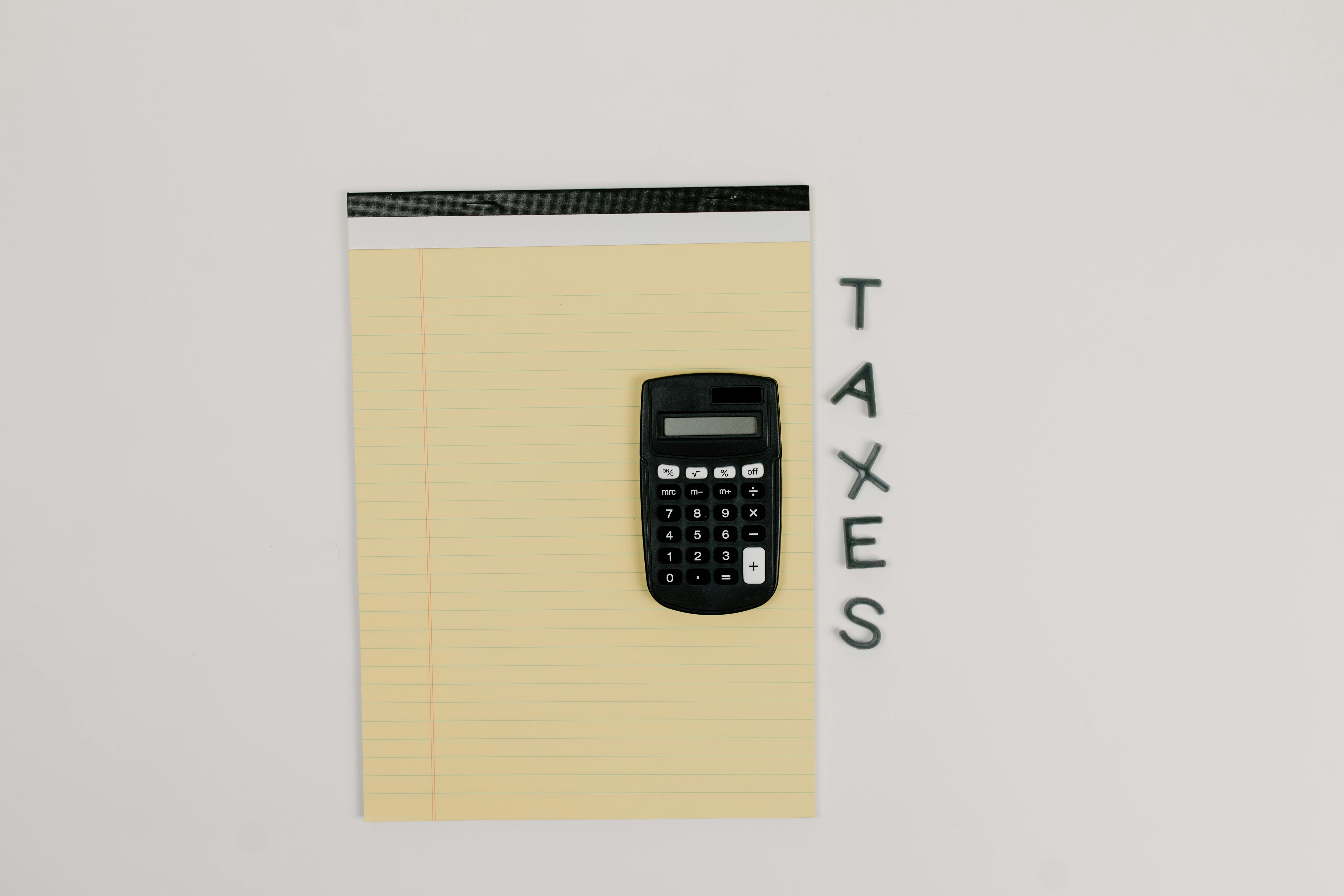Many of us may have heard our working friends casually mention tax gets deducted from their salary each month. Some of us would even remember our elders talking about the need to pay income tax. Well, income tax is something every working professional in India is expected to pay. This needs to be done within a specific timeframe. While income tax can appear confusing at first, it’s a vital aspect of managing personal finances.
So, what does income tax mean?
Meaning of Income Tax
Income tax is paid by people and organisations according to their earnings. Taxpayers are required by Indian law to pay their taxes on a yearly basis in order to adhere to the country’s tax laws.
Now that we understand the meaning of income tax, we will take a detailed look at the different income slabs and sources of income tax in India.
Sources of Income That Require Income Tax
Various streams of income are subject to tax. These taxes must be paid by individuals, employers, employees, or any person filing an income tax return.
1) Income from Salary
It applies to individuals who are partially or fully dependent on their salary for their livelihood. It includes wages, salary, bonuses, and other similar payments. Tax under this head is also subjected to various deductions such as provident fund, professional tax, etc.
2) Income from House Property
This refers to income earned from owning and renting out property. Income from house property is based on the annual value of the property. It includes municipal taxes, unrealised rent, standard deductions, and interest on home loans (if applicable).
3) Income from Capital Gains
The money received from the sale of capital assets such as property, stocks, or mutual funds is known as Capital Gains. These capital gains can be short-term or long-term, depending on the holding period of the asset.
4) Income from Business or Profession
Any income generated through business activities or a professional practice falls under this category. It includes profits from trade, manufacturing, freelancing, consulting, etc.
Understanding Recent Tax Slabs in India
In Budget 2025, the income tax slabs were revised. The following are the recent tax slabs that are applicable for the financial year 2025-26:
| Income Tax Slab | Income Tax Rate |
| Up to ₹ 4,00,000 | nil |
| ₹ 4,00,000 to ₹ 8,00,000 | 5% |
| ₹ 8,00,000 to ₹ 12,00,000 | 10 % |
| ₹ 12,00,000 to ₹ 20,00,000 | 15% |
| ₹ 20,00,000 to ₹ 24,00,000 | 20% |
| More than ₹ 24,00,000 | 30% |
Tax Terms to Know
Deductions
A deduction is a tax benefit as it helps you reduce your taxable income. In simple words, it is a sum you deduct from your overall income to reduce the amount of income that is subject to taxation. For example, one can get a tax deduction if they have to pay insurance premiums or home loan EMI.
Exemptions
A tax liability that lowers your taxable income is known as an exemption. These exemptions allow taxpayers to claim tax reliefs, lower tax rates, or ensure that tax applies only to specific portions of their income.
Section 80C
A person can deduct up to ₹ 1,50,000 from their taxable income under Section 80C of the Income Tax Act. The Public Provident Fund (PPF), Employee Provident Fund (EPF), tax-saving fixed deposits, life insurance premiums, and ELSS (Equity-Linked Saving Scheme) funds are examples of common investments and costs that fall under this category.
TDS (Tax Deducted at Source)
TDS is the amount deducted by an employer or payer on behalf of the taxpayer and deposited directly with the Income Tax Department. It is calculated based on the estimated income declared by the employee and the applicable tax slab. The deducted amount is reflected in the employee’s Form 26AS and can be adjusted when filing the Income Tax Return (ITR).
Tax Rebate
Under Section 87A of the Income Tax Act, resident individuals with a total income below a specified threshold are eligible for a tax rebate. This rebate reduces the final tax payable and is subject to limits defined in the Union Budget.
Advance Tax
Advance tax is the income tax paid in installments throughout the financial year instead of a lump sum at the time of filing the Income Tax Return (ITR). It is applicable when the tax liability exceeds ₹10,000 in a financial year and must be paid as per prescribed due dates.
Documents Required While Filing ITR
When filing your income tax return online, you’ll need to gather certain documents based on your income sources. These include salary slips, Form 16/16A, rent receipts (for HRA), and proof of investments under sections like 80C, 80D, 80E, and 80G.
You should also have records related to mutual funds, SIPs, ELSS, and details of any capital gains from buying or selling property or stocks. If you’ve sold a house, include the sale price, registration details, and any gains made. Additionally, keep your PAN card, bank account details, and information about interest earned from deposits or bonds handy.
Summing Up
Every individual should be familiar with the fundamentals of income tax, as it plays a crucial role in the Indian taxation system. Understanding the tax structure, including applicable rates and slabs, helps one stay informed about their financial responsibilities. After all, paying income tax is not just an obligation; it’s also a way to contribute to the country’s growth and development.
FAQs
What Is the basic concept of Income Tax in India?
Income tax is a tax charged on the annual income of an individual or business earned in a financial year. It is charged and collected by the Central Government of India.
What Is TDS for Beginners?
TDS stands for Tax Deducted at Source. It means that when you earn income from various sources, a certain amount of tax is deducted from it by the payer before you receive the payment.
In Which Month Is Income Tax Deducted from TDS?
The TDS is deducted every month from the salary of an employee as long as the employee is drawing a salary.







